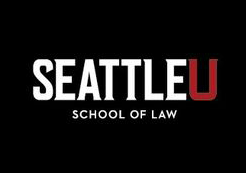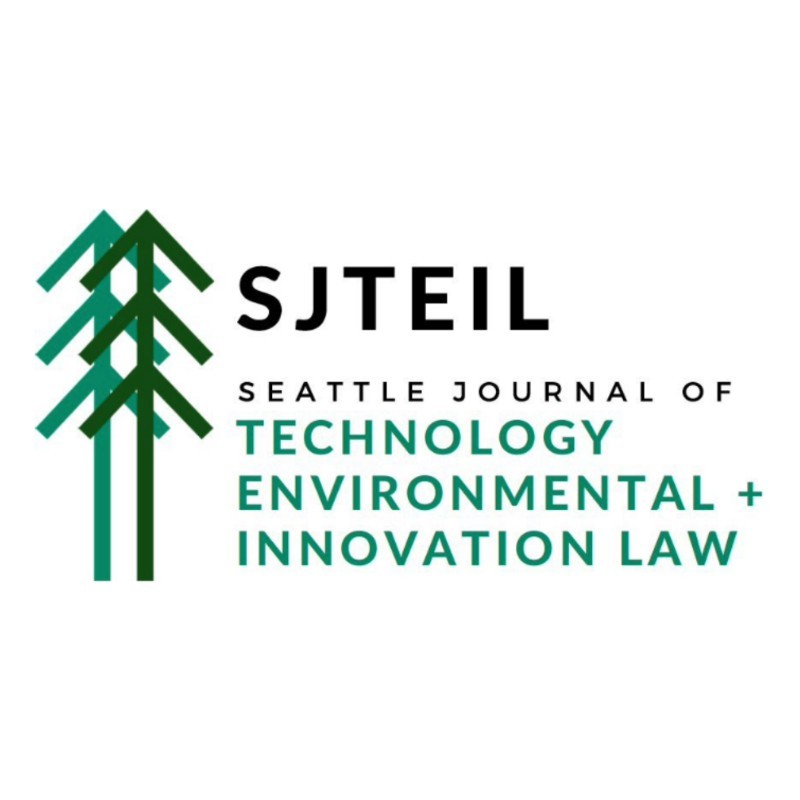Location
Online
Event Website
https://law.seattleu.edu/about/newscenter/all-current-stories/seattle-u-law-conference-examines-legal-and-policy-issues-around-generative-ai.html
Start Date
31-5-2024 11:00 AM
End Date
31-5-2024 12:30 PM
Description
This session provides an in-depth examination of the evolving legal landscape surrounding generative AI and its interaction with copyright laws. Joseph Saveri opens with a discussion on numerous lawsuits filed since 2022, involving various works used by generative AI companies without authorization. Ian Crosby highlights a significant case where the New York Times has sued OpenAI and Microsoft, focusing on whether using copyrighted material to train AI models constitutes fair use and the impact of AI-generated narrative search results on journalistic revenue. Steve Cohen discusses a class action lawsuit involving voiceover actors whose recordings were misused by AI, emphasizing the need for fair compensation in the voiceover industry. The session also touches on the broader ethical and economic implications of AI, with suggestions for new legal frameworks to protect content creators and a proposed economic model to compensate for AI-generated derivative works, ensuring that the creation and consumption of AI content are balanced and fair.
Session 2: The Case for Infringement
Online
This session provides an in-depth examination of the evolving legal landscape surrounding generative AI and its interaction with copyright laws. Joseph Saveri opens with a discussion on numerous lawsuits filed since 2022, involving various works used by generative AI companies without authorization. Ian Crosby highlights a significant case where the New York Times has sued OpenAI and Microsoft, focusing on whether using copyrighted material to train AI models constitutes fair use and the impact of AI-generated narrative search results on journalistic revenue. Steve Cohen discusses a class action lawsuit involving voiceover actors whose recordings were misused by AI, emphasizing the need for fair compensation in the voiceover industry. The session also touches on the broader ethical and economic implications of AI, with suggestions for new legal frameworks to protect content creators and a proposed economic model to compensate for AI-generated derivative works, ensuring that the creation and consumption of AI content are balanced and fair.
https://digitalcommons.law.seattleu.edu/sitie_symposium/sitie2024/Introduction/4


